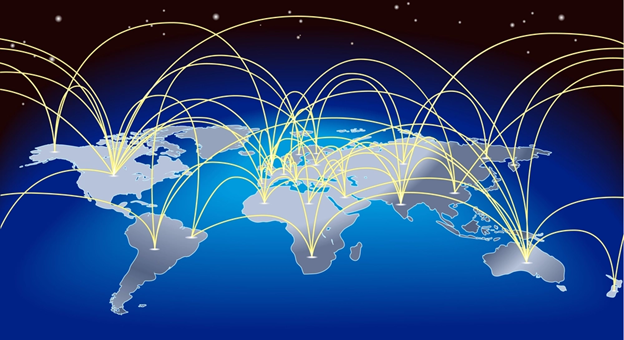As an investor specializing in global trade and supply chain finance, Rupin Banker understands the intricacies of international business. International trade is the cornerstone of larger global organizations. For any of these companies to succeed in the international market, they must participate in one or more of the three types of international trade: export, import, and entrepot trade.
Rupin Banker and the 3 Forms of International Trade
International trade is a complex topic. No one will master the concepts of the subject with only a few hundred words, but they can get a general understanding of the three segments that define it.
1. Export
When one country manufactures goods, and another country purchases those goods, the manufacturing country takes part in the export trade. Exportation can occur with goods and services, but it always involves selling and distributing items across international borders.
2. Import
Like export trade, import trade occurs through transactions. However, the role of the importer is the role of the buyer of goods from another country. Therefore, when a country purchases goods from another country, the distribution of the goods is the export, and the receipt of the good is the import.
Rupin Banker explains that most countries deal with both import and export trade. A country will sell and export products and materials that are abundant within its borders and import products and materials that are not.
3. Entrepot
Entrepot trade or transshipment is an interesting form of trade. It works like a traditional import, but instead of the product remaining in the purchasing country and being distributed within its borders, the importing country exports the merchandise to another country.
Re-exportation can seem strange and unnecessary, but it is practical and necessary for several reasons, including machinery access, technological development, and international relations. Entrepot trade creates interconnected dependencies; countries can establish essential relationships with trade partners or neighbors, providing opportunities to relieve conflicts or tensions in specific territories.
Rupin on Logistics and Business Success
International trade is not only vital to business success, but it also plays a critical role in developing economies and foreign relations. Logistics is about bringing the world together for the benefit of all businesses, governments, and citizens. While it is not always apparent how international trade plays out in politics, there is no denying its effect on business and operational success.
Rupin Banker understands the complexities of international trade. His experience in the global trade and finance market helped him launch the investment firm Banker Group in 2003. According to the Financial Times, his mentorship also led to one of the fastest-growing companies in the United Kingdom. He loves to use his knowledge and expertise to educate consumers and business executives on the finesse of the international marketplace.




